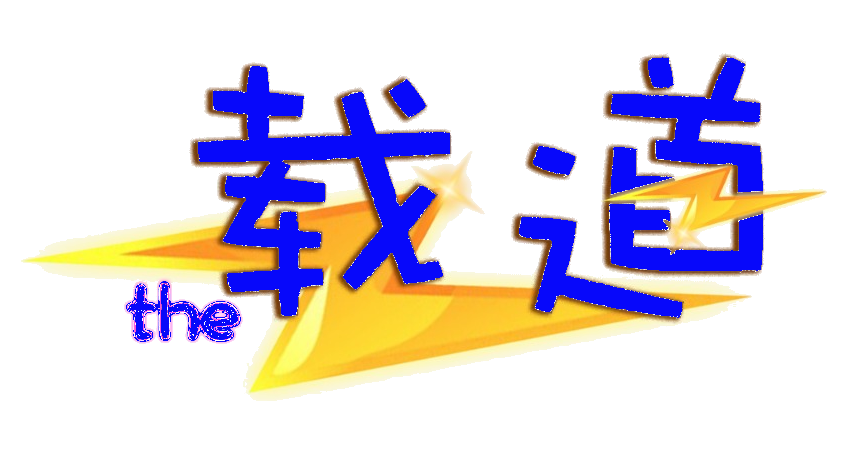I am proud to be Chinese. I love my culture, food, and the community both in China and America. However, I sometimes feel a sort of disconnect between them, especially when I visited China after six years in the United States due to the COVID-9 pandemic.
When we first arrived at the train station, I was struck by how familiar yet different everything was. We had lost our luggage in Los Angeles, and so continued on. I saw so many different people, from Chinese-American travelers just like us, noting that they were foreigners there, to groups of students wearing matching, blaring yellow shirts as they chatted while navigating the area. Listening to their conversations truly reminded me of what little Chinese I actually knew compared to students half my age. I struggled to read any of the signs in my broken Chinese and was scared of what my interactions with my family would be like. I was also devastated to find out that China had blocked Google and any helpful websites, leaving me to find a way in the maze that was Baidu. After trying to find our way around the station, we finally got into a taxi and drove to my uncle’s house in Shanghai. At their house I had familiar food, the kind my mom usually made. We went with my 舅妈 to shop at Uniqlo for some clothes. Going there made me realize that despite how 习近平 is portrayed in the media I watched as a dictator for the rest of his life, it didn’t really seem to affect the people in China. Everybody continued to live their lives normally. Nothing really seemed off. However, whenever I decided to watch the Olympics during that trip, I was forced nearly 5 separate times to rewatch the Mixed Doubles Event in Ping Pong, with the finale against North Korea which China won. This sort of national pride reminded me of the content I would generally watch in the US, cheering for what I considered my “home country”.
The next leg of our journey was to my dad’s side of the family in 长沙. Prior to going, I studied my extensive family, as my dad had seven other siblings, each with their own children and even grandchildren. I also prepared myself for their spicier food. Upon arriving at 家乡, I met all of my uncles and aunts, and cousins. After going outside, I met a couple of children who I remembered playing with so many years ago. One of them, SanSan, looked at me very confused, and asked “姑姑?”, meaning aunt. Despite us being of the same age, I had never quite realized that in my American viewpoint, I was a generation older. All my cousins were nearly 50, and my uncle and aunts, 80. This made me understand just how much of a disconnect I had when I was separated for so long, not even realizing how they had suddenly gotten older. I was scared that perhaps the next time I visited, they might be gone, and with them, a part of my culture.
Yet just because we were a generation apart did not mean I felt like an outsider. My family was very kind, including me, one of my cousins often translated some words into English, followed by a booming laugh. There were a few things I didn’t need translation for. One of these instances is when one of my 7-year-old nieces was kicked by her cousin, my nephew. After receiving a scolding from her mother and none from my nephew, I knew before I looked that there would be tears in her eyes. I knew because I would’ve done the same. After escorting her back to our table and sitting with her for a while despite being told by her mother that she’d be fine, I brought one of the gifts I had bought previously for my friends in the States. They were six little squishy toys, and she chose the panda. After letting her play with it for a while, she got up and left the room in a better mood. Despite our two, very different cultures, I could still understand her on an empathetic level.
While in China, I was also introduced to foods such as stinky tofu, reportedly the best one in 长沙 by two separate people, and it was much less stinky than I thought it would be. The sauce was as spicy as I would have expected it, and I barely put any on. An aunt also taught me the process of pouring tea, how to cleanse the cups, and to point the holes away from my hands. She also instructed me to keep everybody’s tea cup filled at all times. The formalities of was something I was quite used to, as in the US, we served ourselves from shared dishes, left the table without excusing ourselves, and spent most of our time in our rooms. Witnessing my dad’s large family let me recognize just how interconnected everybody was, just as they would be in the US.
As I returned to the U.S., I carried these encounters with me, from laughing with my family over dinner, to playing hide and seek with my niece and nephews, to learning how to make tea traditionally. Each moment deepened my appreciation for my heritage and reminded me that despite the distance and challenges, my two cultures are deeply connected and can build lasting connections. Looking toward the future, I hope to keep these lessons with me and build bridges in this interconnected world, post-pandemic.
